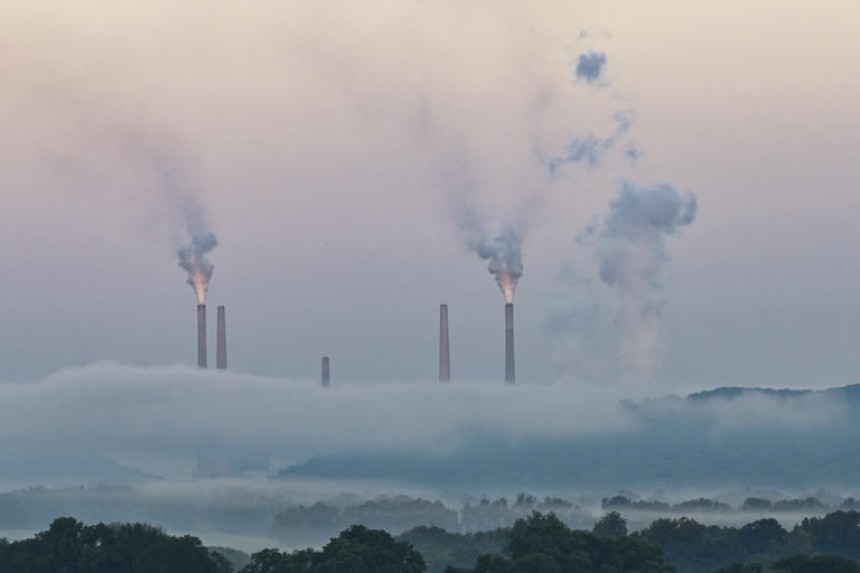
U.N. court rules countries have duty to limit greenhouse emissions
The United Nations’ highest judicial body ruled Wednesday that nations have a “duty” to prevent environmental harm and are obliged to limit planet-warming greenhouse gas emissions, which come primarily from fossil fuels.
In its first-ever ruling on climate issues, the International Court of Justice said any breach represents an “internationally wrongful act” and can lead to reparations for countries suffering the consequences if a “causal” link can be shown.
The ruling is nonbinding and won’t force any immediate policy changes. But it will put more pressure on industrialized countries to live up to their pledges. It will also more widely open the door to climate cases around the world, giving leverage to those trying to hold corporations and high-polluting nations to account. Courts across the world could cite the ICJ ruling in their decisions.
The court, based in The Hague and composed of 15 judges, had examined two questions: whether countries are obligated under international law to protect the Earth’s climate from greenhouse gases, and what legal consequences nations might face if they fail.
In reading out the decision, Judge Yuji Iwasawa painted a sweeping picture of the dangers of climate change, saying it crosses borders and “imperils all forms of life.” Still, he cautioned that international law could play an “important but ultimately limited” role. The problem, he said, requires vast political will and wisdom.

In Puerto Rico, couple face trial after refusing to comply with Covid...
A couple in Puerto Rico now faces trial on charges of refusing to comply with executive or...



